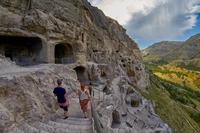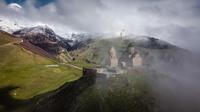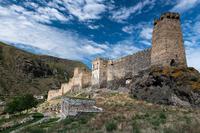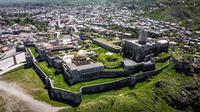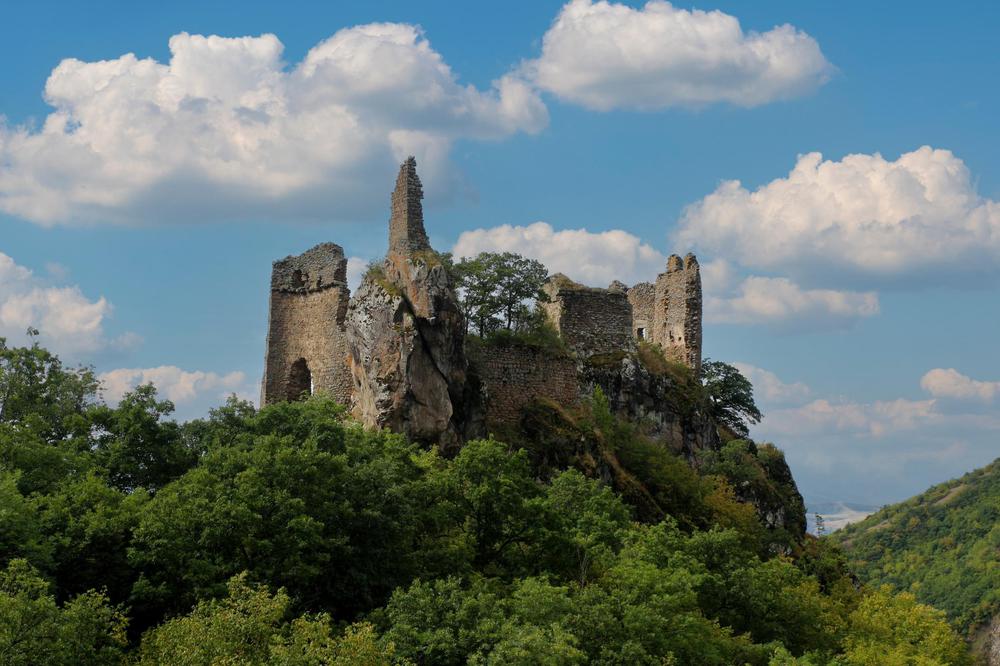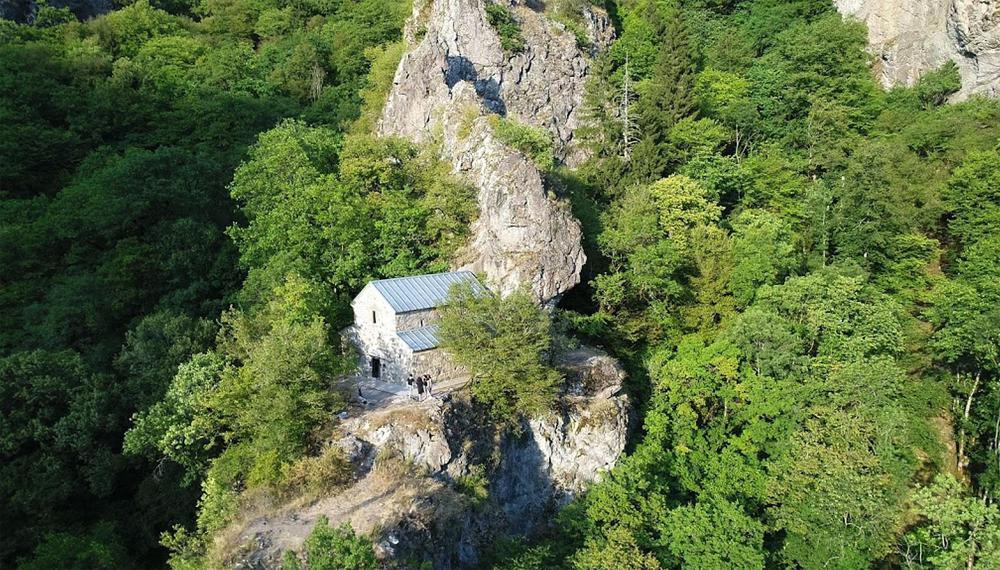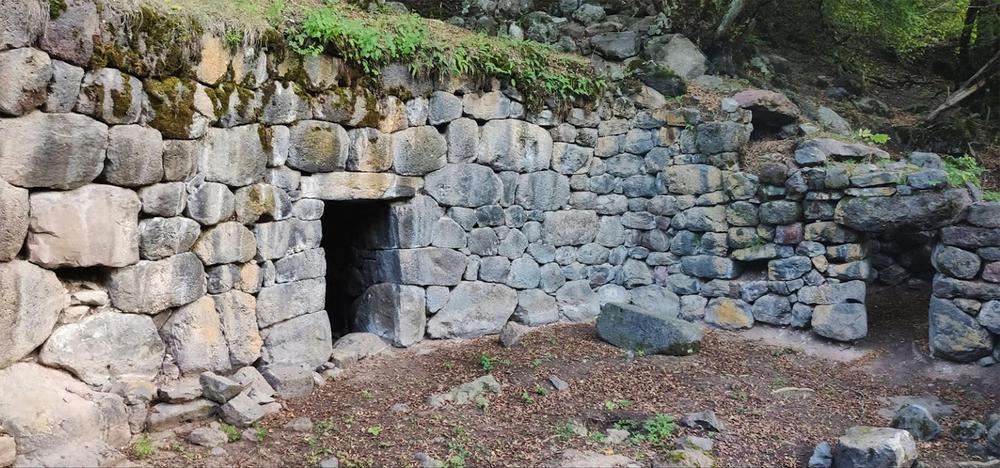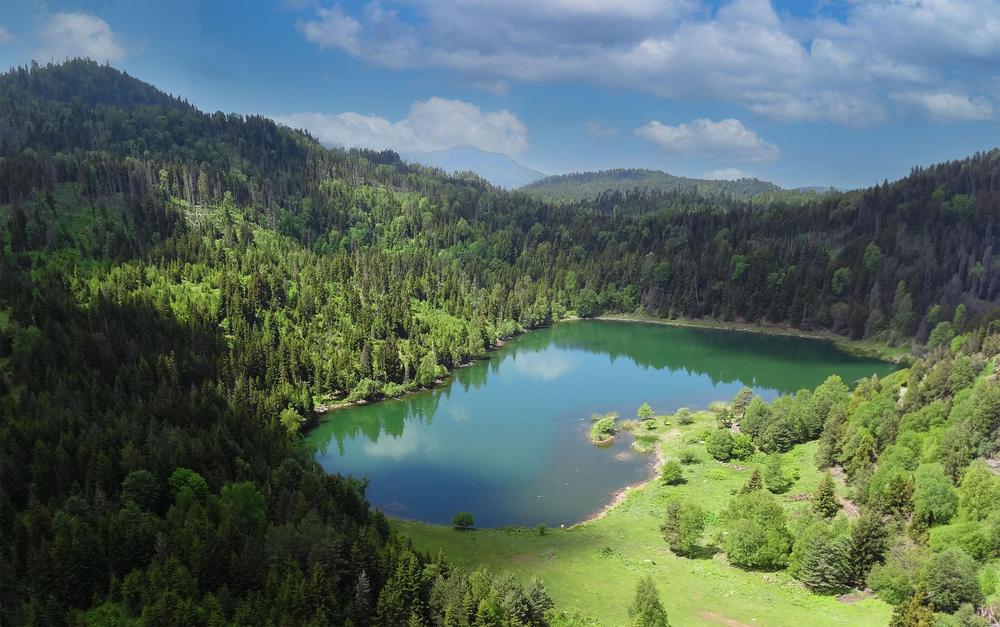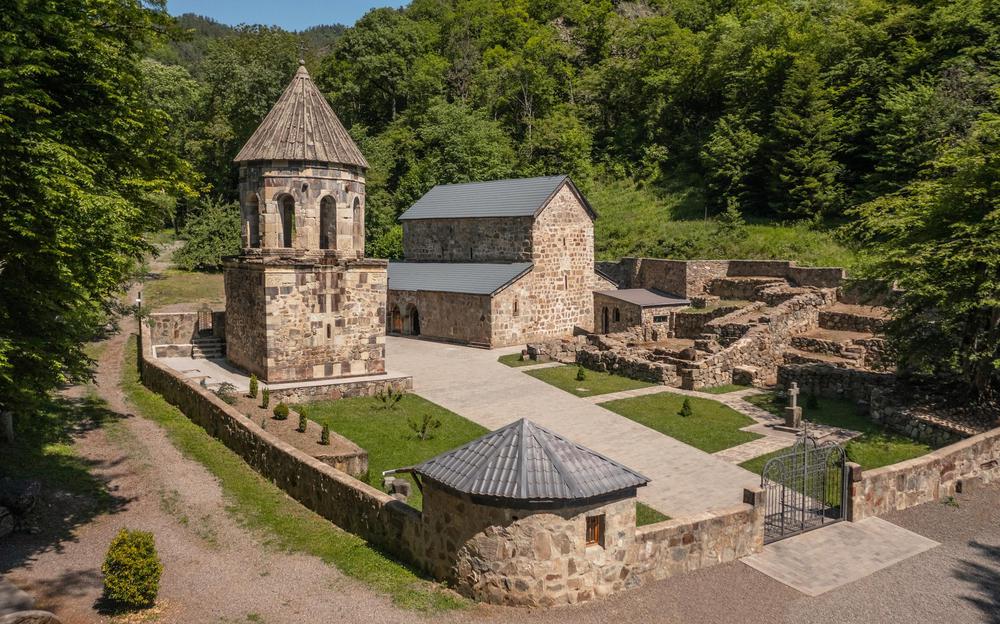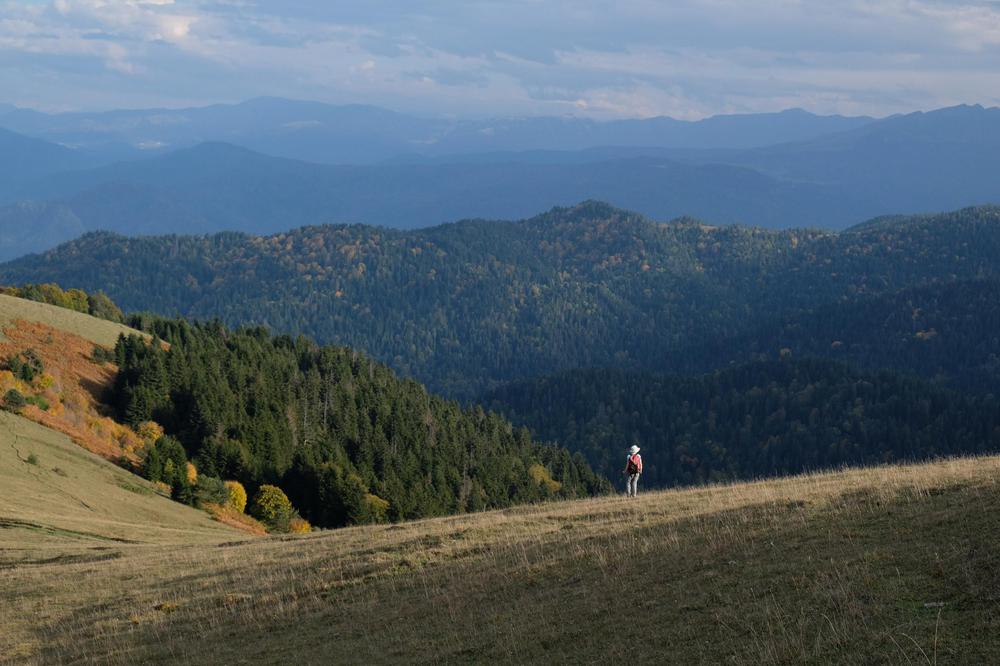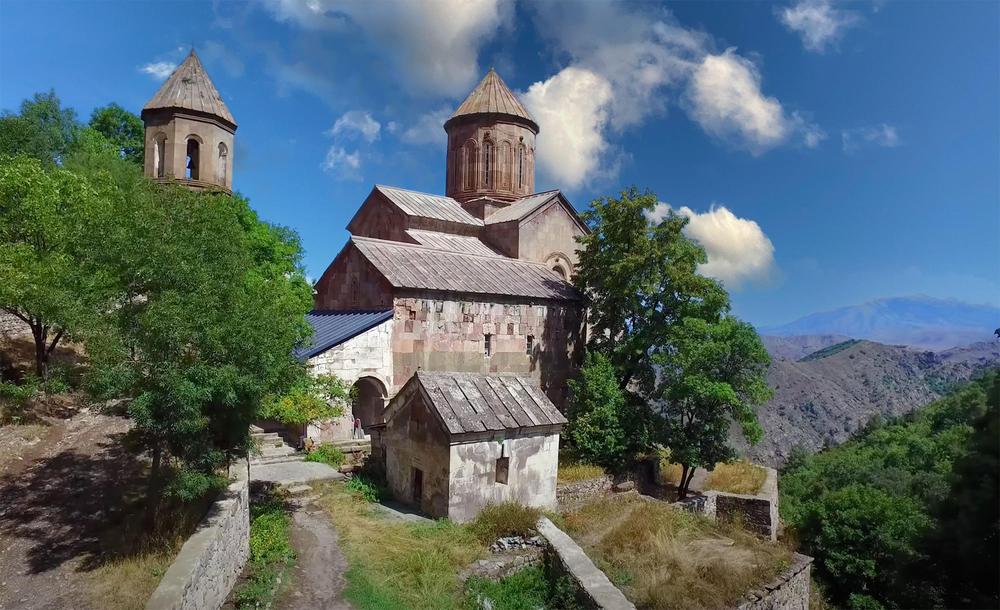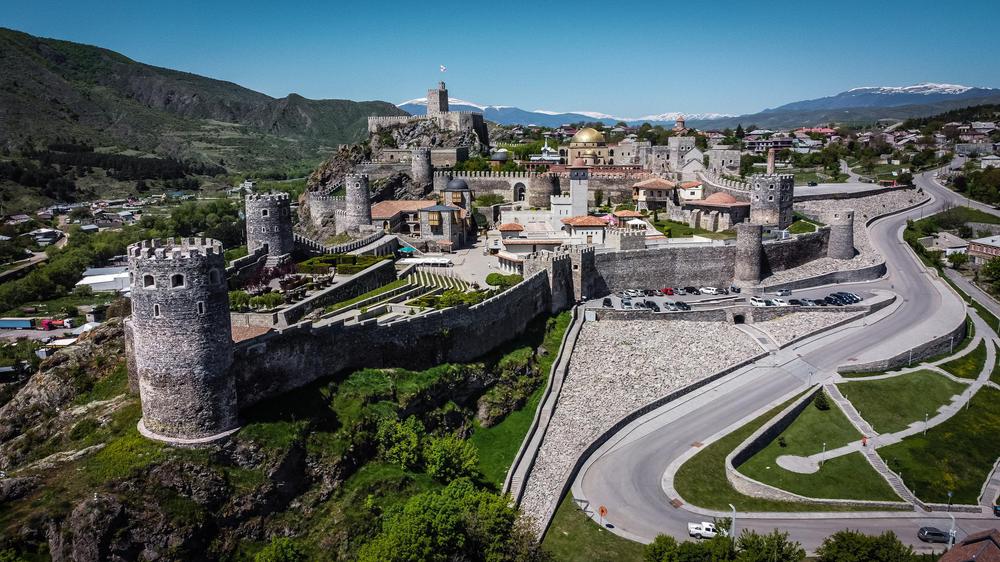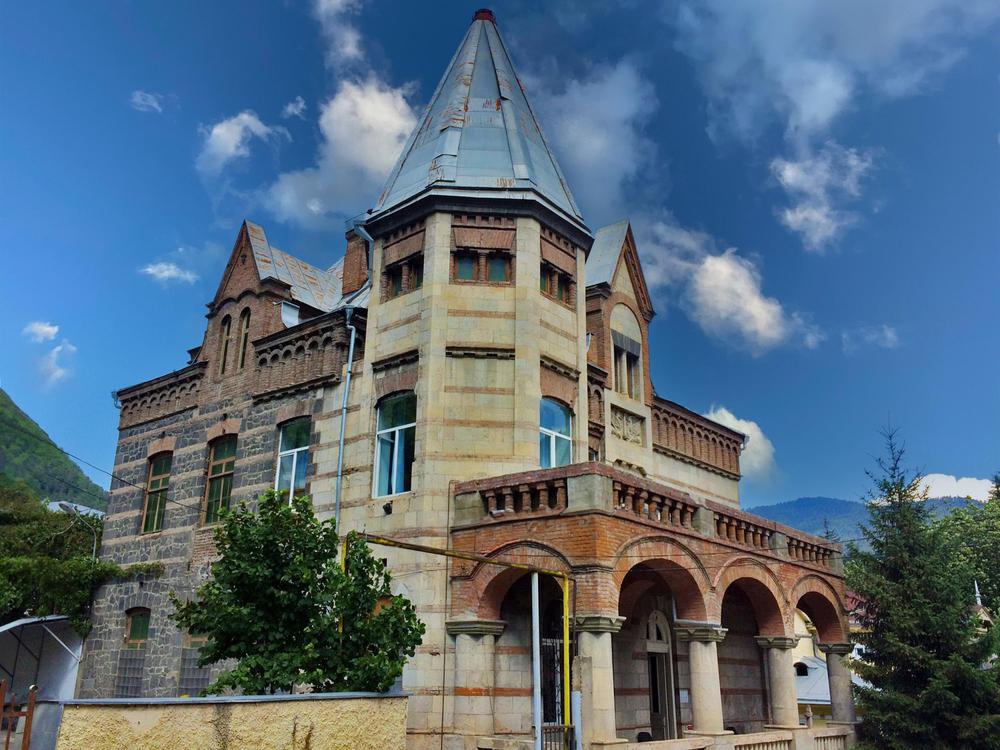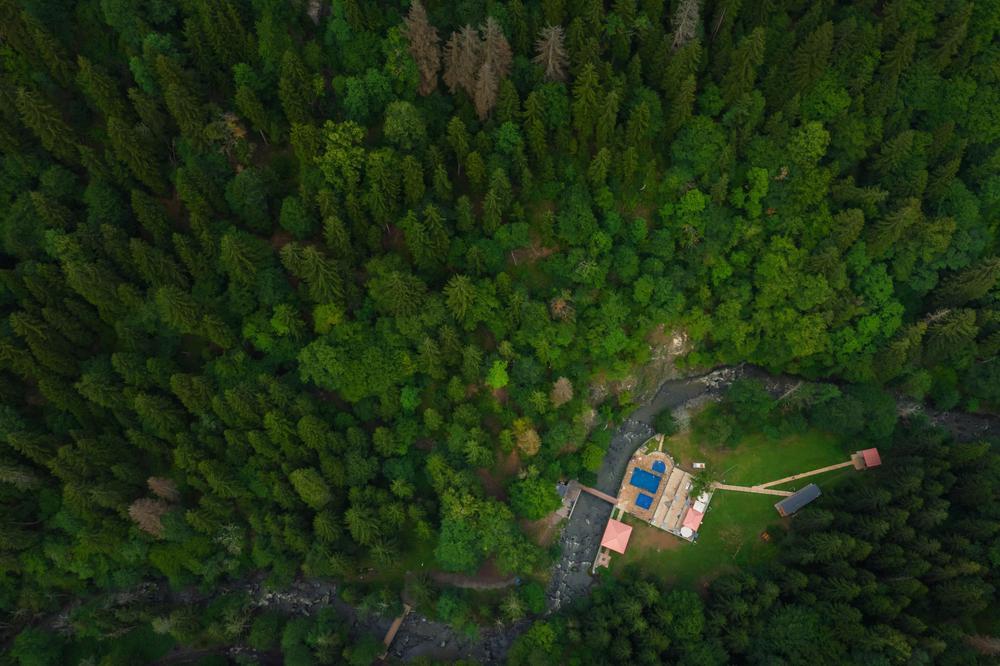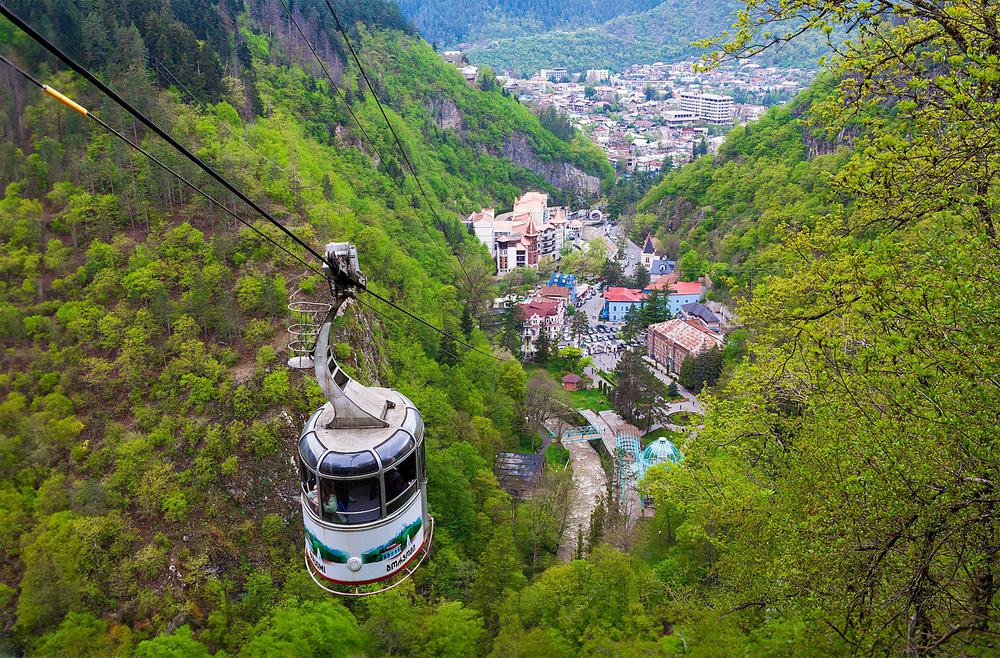Standing resolutely on a rocky crag near the village of Atskuri, the Atskuri Fortress serves as a silent sentinel that has guarded the Borjomi Valley for over a millennium. Its history spans from the 11th to the 19th century, making it a must-visit for those passionate about military history and architectural wonders.
Strategically positioned along the right bank of the Mtkvari River, approximately 30 kilometres (18.6 miles) from Borjomi in the Samtskhe-Javakheti region, Atskuri Fortress is a testament to Georgia's formidable past. The complex terrain of the site has been optimally utilized in the fortress's redevelopment, leading to a captivatingly intricate structure.
The architectural wonder of Atskuri Fortress lies in its connectivity. A narrow tunnel links the fortress to the edge of the Mtkvari River, a design common in fortifications of the time, allowing access to water during sieges. Exceptionally, the tunnels are structured to hinder any invading forces, adding another layer of defense to the fortress.
Despite facing multiple destructions from wars and earthquakes over the centuries, Atskuri Fortress stands strong, echoing its immense strategic importance. The fortress's resilience is highlighted in the numerous layers of construction preserved within its walls, showcasing the rich tapestry of its history.
Constructed in the 9th century, the fortress served as a vital bulwark for the defense of Georgia during the Middle Ages. Its strategic location near Atskuri town, which sadly leaves no trace today, added to its military significance. The fortress suffered considerable damage in the 16th century when the Turks occupied it. However, it underwent extensive rebuilds in the 17-18th centuries and was finally released in the 1820s.
The fortress's vast area is segmented into different parts, with the citadel marking its highest point. It also houses the ruins of a church adorned with remnants of frescos, adding a spiritual dimension to this military edifice.
Today, Atskuri Fortress may not be in its prime condition, but its historical value is undiminished. The fortress witnessed a collapse in 2009, and despite reinforcement works in 2013, it still faces demolition risks. Nevertheless, a visit to Atskuri Fortress promises an intriguing exploration of Georgia's past, viewed through the lens of military architecture and strategic resilience.

